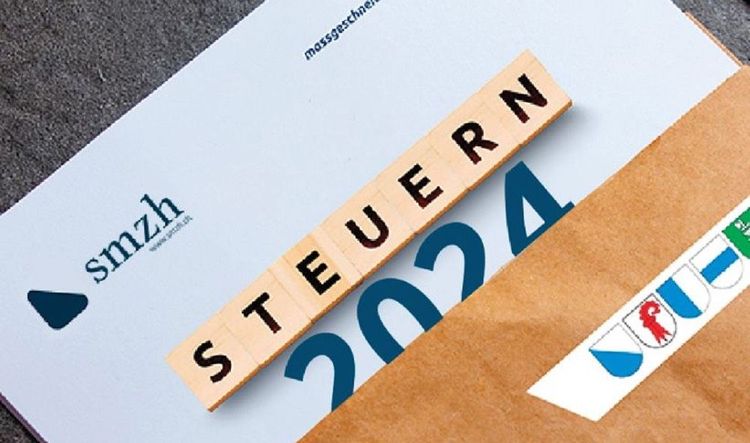As a business owner, you regularly face a crucial question: Should you be paid a salary or dividends? The answer is complex, but the decision significantly affects your tax burden, social security contributions, and your company’s liquidity. By finding the right balance, you can benefit from tax advantages and improved financial efficiency in the long term.

Every form of remuneration has its own specific advantages and disadvantages that you should take into account:
The decision between paying yourself a salary or distributing dividends should be carefully evaluated and tailored to your personal circumstances, long-term goals, the legal structure of your company, and the applicable tax regulations.
Example: A business owner achieves an annual profit of CHF 250,000 with his limited liability company. Let's consider two possible scenarios:
This example illustrates how important it is to have a tailored strategy that takes into account your personal life planning, the legal structure of your company, and current tax regulations. An individual analysis always pays.
Analysis of the current pension fund solution: Comprehensive assessment of your current salary and dividend structure.
Obtaining and comparing different providers and models: Developing various scenarios to determine the optimal combination of salary and dividends for your situation.
Detailed evaluation of options: Comprehensive recommendations, ensuring legal certainty and measurable financial added value.
Support during provider changes & contract conclusion: Ongoing review and adjustment of your strategy to reflect new legal and personal circumstances.
smzh for you – Your benefits at a glance: We offer holistic and independent advice.

Make a first step toward a more efficient, less expensive, and stronger pension fund solution.

We handle questions such as those shown on the right on a daily basis. You don't need to deal with them by yourself – our 360° Check-Up is free of charge and non-binding.
Dividends are attractive if your goal is to lower your tax burden. However, the impact of reduced social security contributions should be carefully calculated.
A lower salary reduces your AHV contributions and thus your future pension entitlement. A detailed simulation can support your decision-making process.
Most of the time, yes. Yet the exact distribution should be assessed individually.
Tax authorities expect an appropriate salary to ensure social security contributions. Salaries that are too low can lead to tax disadvantages.
In recent years, dividends have become less favorably taxed at the federal level and in some cantons, making an individual review increasingly important.
Yes, voluntary contributions to your pension fund reduce your taxable income and offer additional retirement planning benefits.
The choice between salary and dividends depends greatly on your company’s legal structure (e.g., limited liability company [GmbH], stock corporation [AG]), which directly impacts tax planning.
